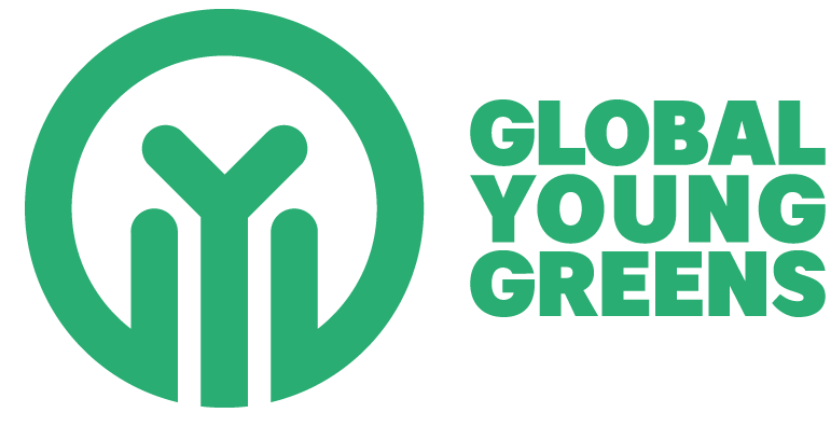Why and how we started
On behalf of the German Federal Ministry for Economic Cooperation and Development (BMZ) GTZ’s cooperation with Sierra Leone focuses on Private Sector Development (PSD) and employment promotion to develop sustainable employment opportunities, in particular for the young and the poor.
This is expected to mitigate extreme poverty and prevent social or political crises. Thus, a contribution is made to the consolidation of peace. Building on and relating to the activities in the resettlement and food security area, as well as technical vocational training provided by the German Technical Academy (THW), EPP started in 2006 with a first phase of four years and the option to be extended. GTZ works in partnership with the Ministry of Employment, Social Security and Industrial Relations, the Ministry of Agriculture, Forestry and Food Security, the Ministry of Trade and Industry and the Ministry of Education, Youth and Sports.
What we do and how
The main challenge for social and economic development in Sierra Leone is the reduction of mass unemployment, especially among young people. EPP addresses both the dramatically low skills’ level of the Sierra Leonean workforce and the lack of employment opportunities. The sector focuses of the Sierra Leonean‐German Technical Cooperation are agriculture and rural development. Interventions target five selected districts, namely the Western Rural Area, Kono, Kailahun, Koinadugu and Pujehun. Areas of intervention are:
♦ Promotion of agricultural value chains and out‐grower schemes
♦ Promotion of Small and Medium‐sized Enterprises
♦ Skills development
♦ Resettlement and reintegration of displaced youths
♦ Regional development and mainstreaming of cross‐cutting issues such as HIV/Aids, gender, and peace and reconciliation.
The programme promotes employment on different levels with a particular focus on capacity development and competence building as well as on conflict prevention. It aims to develop model sustainable employment for subsequent up‐scaling and replication in other parts of the country. The GTZ integrated employment promotion approach includes the following three components:
The Private Sector Development component aims to develop employment opportunities including demand‐oriented training for young people, the improvement of framework conditions and the restoration of production and marketing capacities. The overall objective is the initiation income‐generating activities.
The GTZ approach corresponds to the five main pillars of the Private Sector Development Strategy for Sierra Leone: (1) promotion and support for entrepreneurship, (2) reduction of business costs, (3) increase in access to affordable finance, (4) make markets work better, and (5) provide adequate infrastructure.
Sierra Leonean‐German cooperation consists of the following measures to address the build up of private sector capacity and to create sustainable jobs.
♦ Meso level: indirect assistance to private sector actors
♦ Macro level: support networking of economic actors and the formation of viable private sector and civil society organisations
♦ Help stakeholders to develop and implement business plans and link them to private partners (e.g. traders or exporters). Resettlement and reintegration of young people displaced during the war into their villages of origin can stimulate comprehensive socioeconomic development in rural areas and the resumption of agricultural activities in the respective locations.
The resettlement component also aims to facilitate the transition from subsistence agriculture to a commercially oriented small holder agricultural sector. Emphasis is on specialised agricultural production and value addition (processing and marketing of agricultural products). Successful economic reintegration of displaced persons promotes social reconciliation and stability as well as sustainable peace within the community.
Youth resettlement and reintegration initiatives in Kailahun and Kono Districts have been scaled up to generate sustainable agricultural activities for over 3,000 households (some 15,000 people) in about 90 villages in the two districts. Promotion of Capacity Development of Youth and Young Adults is another programme component offering a range of non‐formal education activities based on their needs in rural areas. Participants of the programme acquire real‐life skills and market‐oriented competencies.
With improved skills, they become valuable members of their communal economy and can actively participate in the social and political life of their communities. Four different sub‐areas are distinguished:
♦ Skills training in Community Education Centres (CECs) offering courses in metal work, auto/motorbike mechanics, masonry, tailoring, electrical installations and agricultural skills
♦ Community‐based functional literacy courses combined with relevant employment or income‐generating activities in Functional Literacy Centres
♦ Socio‐pedagogical support and counseling as well as conflict mitigation for young people
♦ Capacity development at all levels (ministries, district governments, school committees, NGOs, youth social workers


